So, you are getting to itch to start a lifestyle of making memories in an RV. This is an exciting time when you think about relaxing around the campsite, traveling to new locations, and experiencing all that this beautiful county has for you to see. One thing that can put a damper on things quickly is purchasing an RV that is filled with issues that you were not aware of. This can happen to the best of us, especially when we are new to this lifestyle and unsure of what we should be looking for. Review our RV Inspections Checklist to know when to RUN away fast.
Do RV Inspections help before Buying?
The ultimate guide to RV Shopping
Before you set up a time to meet someone for any RV Inspections, ask if there will be utility hookups for testing the system properly. Most of the time you will not be able to test all the systems and if you really want this RV, you need to be even more diligent on your inspection.
11 Items to bring along for all RV Inspections
- Universal tool kit
- Circuit tester (for outlets)
- Multimeter (for testing wiring)
- Flashlight
- Gloves
- Towel
- Moisture detector
- Paper and pencil
- Small spray bottle with a little liquid soap (for testing gas leaks)
- This Checklist
- Your ability to walk away from RED flags
Know before you go!
Start your own list before you even go to any RV Inspections. This small list could determine if this is an RV you would consider purchasing before wasting everyone’s time.
Are the holding tanks going to fit your needs?
Is this RV longer than you would feel comfortable driving? Will it fit into places you want to visit?
Can it handle a tow vehicle?
- Model:
- Year:
- Asking price:
- Mileage:
- Length:
- Height:
- Width:
- Tow rating:
- The last time roof was sealed:
- Dry weight:
- Loaded weight:
- Freshwater tank capacity:
- Greywater tank capacity:
- Blackwater tank capacity:
- Fuel tank capacity:
- Propane tank capacity:
- Hours on Generator:
- Age of Tires:
Ooooh, that smell! Can’t you smell that smell (a little tribute to Lynyrd Skynyrd)
First impressions are everything and shopping for an RV is no exception. Trust your gut and your nose! This is a big investment and there are plenty of RVs to choose from, well most of the time. Lately, we have seen a shortage, but I think it will correct itself before we know it. A thorough checklist for RV inspections is a must to keep from having buyer remorse.
Anyway, DO NOT be afraid to take your money somewhere else. Be patient because buyers’ remorse can really ruin what should be a relaxing time in your life.
- Check the smell when you first open the door and walk-in.
- Do you smell smoke? (if it does it is not going anywhere)
- Does it smell musty? (if it does you may have bigger issues with moisture/mold)
- Now that you got your first impression, go ahead and open it up and let it air out while completing the rest of your inspection. (see how it is at the end)
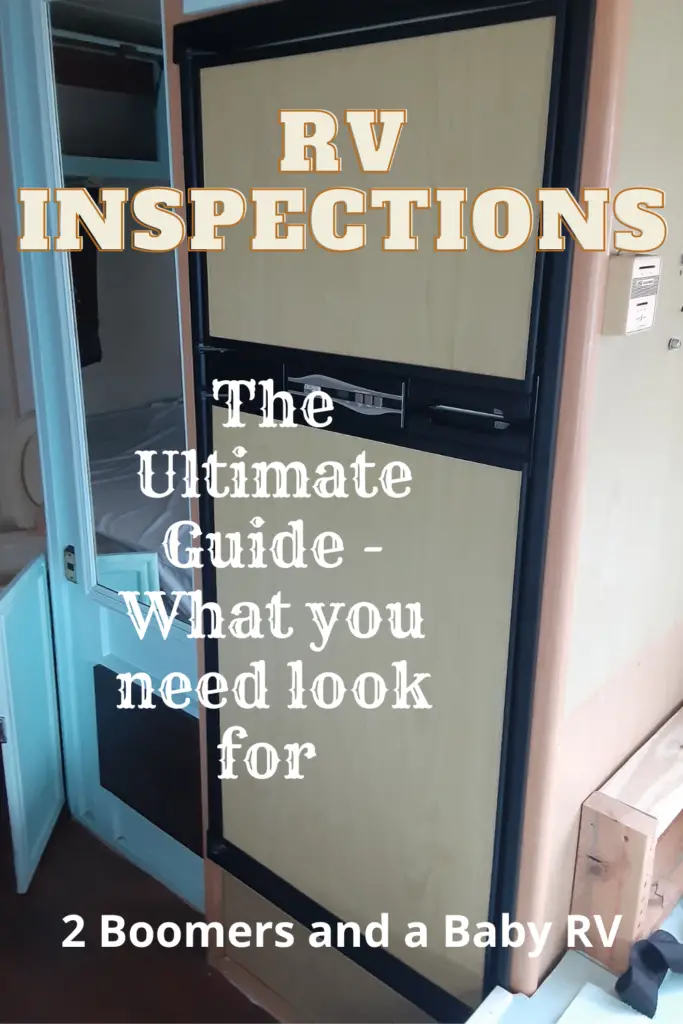
125 Point RV Inspections Checklist for Buying an RV (New or Used)
[wptb id=7516] [wptb id=7517] [wptb id=7579] [wptb id=7581] [wptb id=7583] [wptb id=7585]For Motorhomes Only
- How many pounds can the RV tow? Or the hitch tow rating.
- Ask for maintenance records
- Has it had regular oil changes and recommended fluid changes?
- Take a peek at the windshield to see when the previous owner got their last oil change.
- Make sure it doesn’t leak oil. This is the first sign of engine trouble.
- Is the motorhome functional when slides are closed? Can you sleep, use the bathroom or grab a bite to eat without opening it up completely?
- Do you feel comfortable when thinking about driving it? Backing it into a campsite or maneuvering in tight spaces.
For Class C Motorhomes Only
- We touched on water damage earlier, but for any class C owner, it can be that much important. Get on a ladder and check absolutely every square inch of the front cap of the cab-over area. This is THE NOTORIOUS SPOT where water gets in a Class C. If there is water damage, stay away. I learned the hard way, but I did rebuild and learned a lot in the process. With that being said, RUN!!!
Rebuilding a class C over cab bunk
For Travel Trailers Only
- Be certain to check the exact amount your tow vehicle can tow. Do not simply google it and take it as the truth. Oftentimes, vehicles have many options that will determine the actual rating of that vehicle. Check your VIN number and consult the actual owner’s manual. Do not buy a trailer if it will put you within 80% of your max!!!!!
- If you’ll be towing with anything other than a truck, make sure your vehicle has an integrated brake controller, or else you’ll have to budget another $400 to buy one. A brake controller is NOT optional!
For Fifth Wheels Only
- Be absolutely certain there is enough clearance between the fifth wheel and the back of your cab. Just because you hook up and see space does not mean it’s a fit. Turn a hard right and left and check to make sure the fifth wheel won’t contact the back of your truck cab.
- Check both the weight going on the bed and the tow weight. I advise not choosing anything that would put you more than 80% of your max capacity.
- “Half-ton towable” is the biggest lie in the fifth wheel industry. Salesmen say it all the time and they should. OBVIOUSLY, there are many fifth wheels that are indeed half-ton towable, but check your numbers! Remember you’ll be adding people and a lot of gear and water and do not get within 80% of your max!
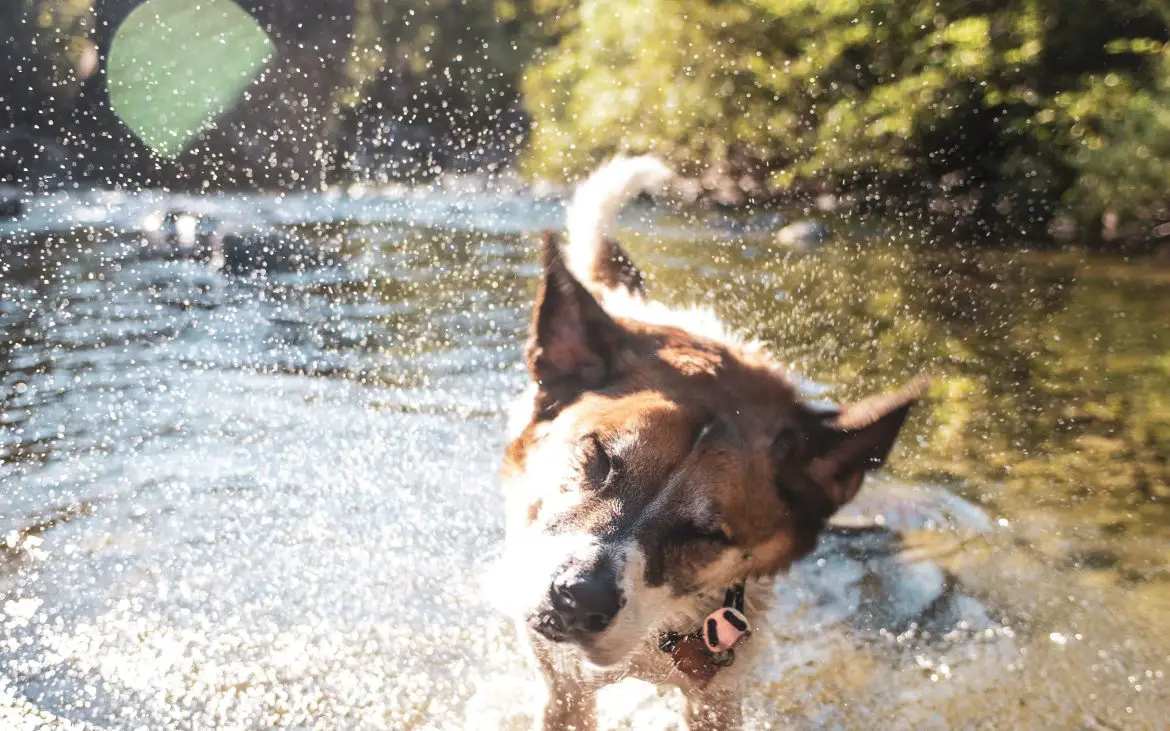
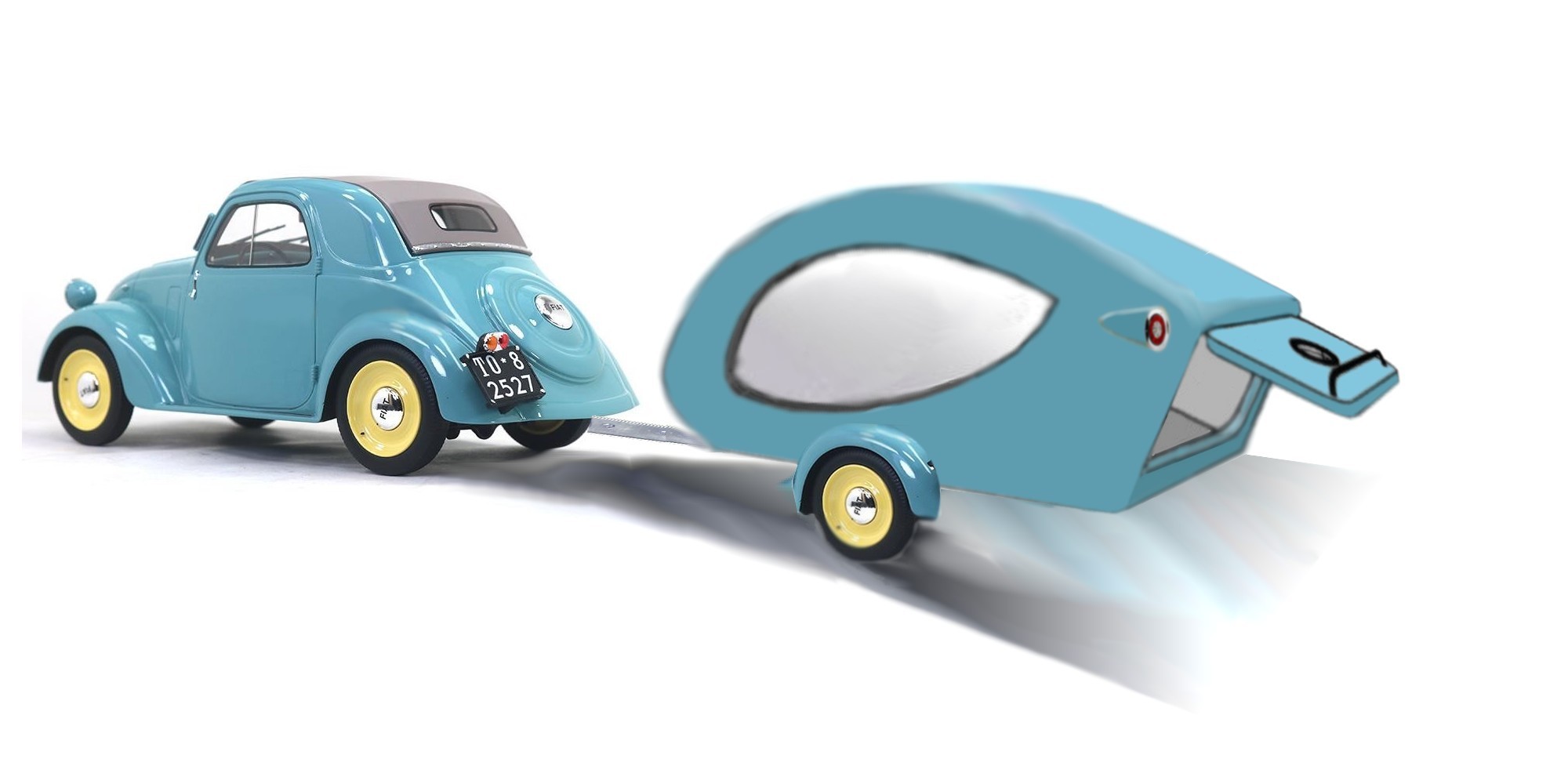
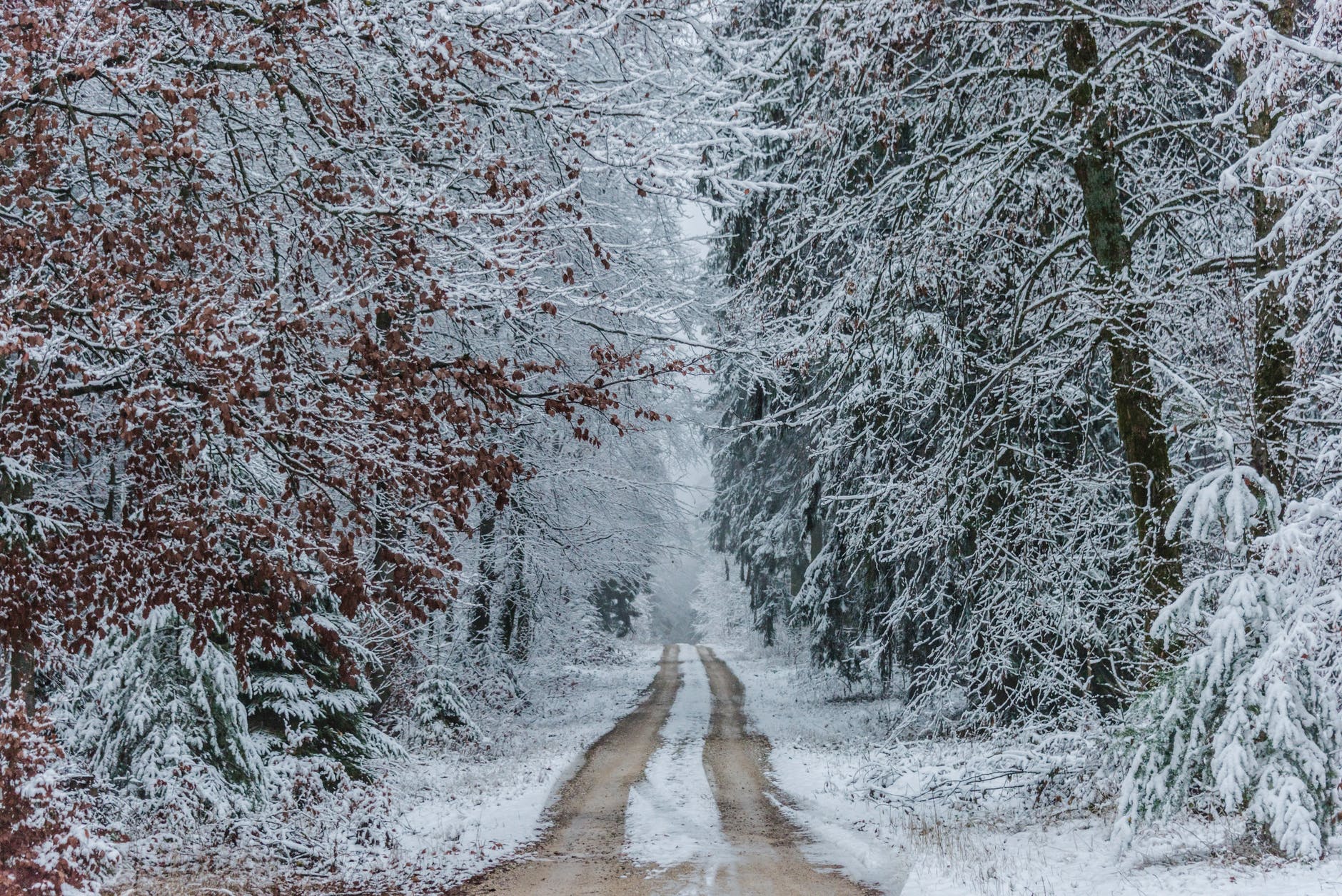
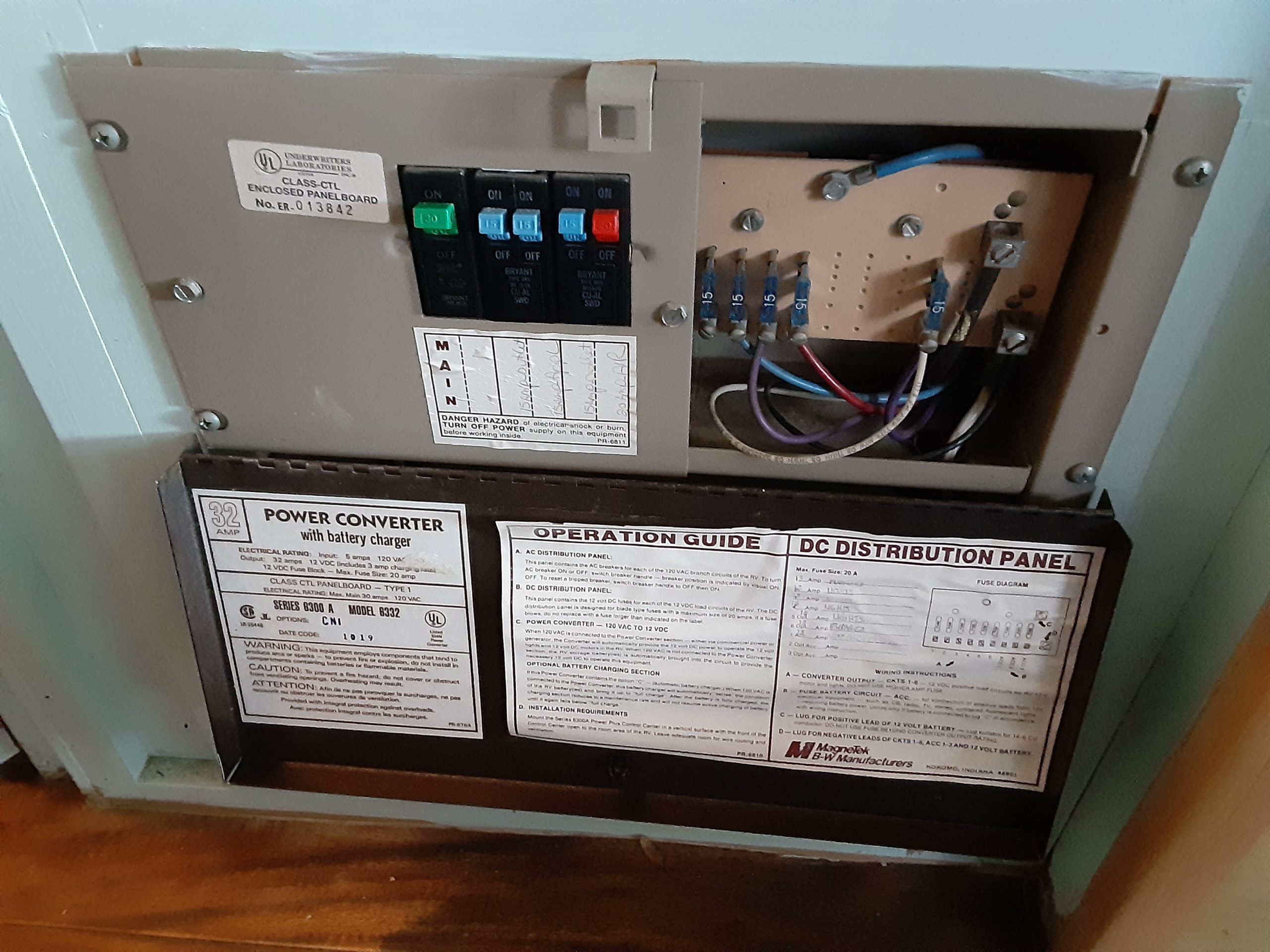
One thought on “Buying a used RV: The Ultimate Guide for what you need to be looking at”